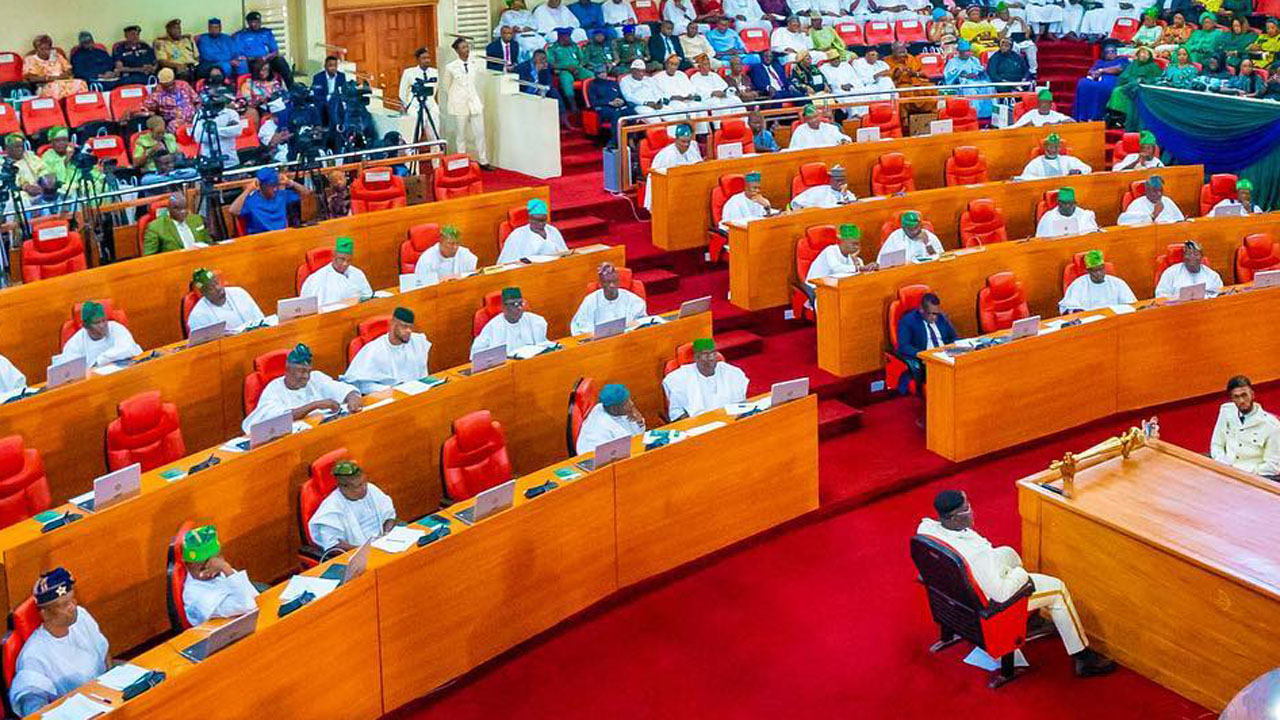
As a catalyst for increased affordability and accessibility in housing development, stakeholders have advocated issuance of an Executive Order by the Lagos State Governor to significantly reduce the cost of permits, especially for low-income and mixed-income housing projects.
They also called for the completion of the Lagos State Housing Policy, a pivotal document for fostering the development of no-income and low-income housing, as well as finalisation and passage of the Affordable/Mixed-Income Housing Bill, which supports and sustains the development of affordable and mixed-income housing projects.
The stakeholders made the recommendation at the of Dissemination Workshop on Community Infrastructure Projects and Lagos State Development Plan 2052, organised by the Centre for Housing and Sustainable Development, University of Lagos (CHSD-UNILAG), Rethinking Cities Initiative (RCI) in collaboration with Heinrich Böll Stiftung (HBS) in Lagos.
The Lagos State Development Plan 2023 – 2050, proposes initiatives that encourage developers to invest in the creation of mixed-income, inclusive, and environmentally sustainable housing within urban areas. The plan entails offering compelling incentives, such as tax rebates and waivers on permit costs, as well as allocating land at subsidised rates.
The participants also advocated revival of the real estate developers’ programme, a strategic initiative wherein corporate entities are provided with land to construct homes and essential infrastructure.
They noted that the revitalised programme should prioritise the development of low-income and mixed-income housing, as well as proposed the implementation of a robust three-year plan dedicated to the phased execution of mixed-income housing projects across Lagos.
The participants also recommended a clear regulatory framework that mandates Extended Producer Responsibility (EPR) and outlines specific requirements for recycling and reuse programmes, as without a robust regulatory structure, there may be a lack of accountability and commitment from producer companies.
While calling for the legislation of the Lagos Plastic Policy, they also agreed on the establishment of a database for the identification and documentation of informal waste pickers, conducting regular training sessions centred on health and safety protocols, and equipping waste pickers with the requisite knowledge and skills.
Earlier, Director, CHSD-UNILAG, Prof. Taibat Lawanson, presented the outcomes from the research “Assessing Community Development Projects in Lagos” on behalf of the CHSD-UNILAG team and results from the asset mapping exercise conducted across the five communities, namely Ajegunle-Ikorodu, Ogooluwakitan, Ago Central, Akoka, and Oworonshoki.
Findings show that government-sponsored projects face abandonment, suggesting re-evaluating how resources are deployed to communities; communities prefer improving existing projects rather than initiating new ones, and emphasising practical solutions. It noted that the cost of accessing community development projects, particularly water, is exorbitant, raising concerns about affordability across communities.
It also observed that private vendors and community-led projects have been more successful than government-led initiatives, revealing a need for effective project management across communities. Community priorities include improved security, power infrastructure, roads, sanitation, education, and prioritising maintenance of existing projects and completion of ongoing projects.
Lawanson said the main reason for the dissemination event was for the legislators to interact with the communities to understand their needs. However, she expressed displeasure over the absence of the Lagos House of Assembly members despite the invitation extended to them. She also noted poor local government participation across communities but acknowledged the need to strengthen their capacity for grassroots development.






